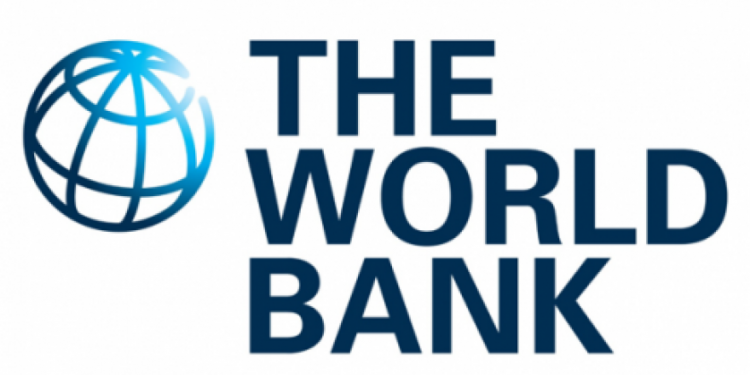The World Bank says there is an urgent need for Ghana to take active steps towards addressing its unemployment challenges.
It said the state must capitalize on the key opportunities in areas such as tourism and agriculture to create sustainable jobs for young people.
These were some based on a new report released by the World Bank titled: “Youth Employment Programs in Ghana: Options for Effective Policy Making and Implementation.”
The report indicated agribusiness, entrepreneurship, apprenticeship, construction, tourism and sports, offered good opportunities for Ghana’s youth.
It also emphasized the need for pre-employment support services to young people to enable them meet the skills need of the job market.
Among other things, the report recommended counselling, career guidance and coaching, work-based learning, mentoring programmes to ensure that youth people are employable.
The Minister for Employment and Labour Relations, Ignatius Baffour Awuah who delivered the keynote address said there is the need for a concerted effort by government and the private sector to create enough jobs that can employ the expected 1.2 million youth who will graduate from second cycle institutions.
“More than 1.2 million young people will be graduating annually from second cycle institutions to enrol in tertiary education or training or move directly into the labour markets. This is an increase from the 800,000 students enrolled in secondary schools in 2016. Efforts must therefore be doubled to ensure that employment opportunities exist for the products of our education and training institutions,” the Minister said.
According to a previous report of the World Bank on unemployment in Ghana, the country needs to create 300,000 jobs between 2016 and 2020 to be able to make a significant impact on the unemployment situation.
Ghana is faced with 12% youth unemployment and more than 50% underemployment, both higher than overall unemployment rates in Sub-Saharan African countries. Despite major investments by both government and private sector, this challenge will intensify if job opportunities remain limited. To tackle youth unemployment, the report highlights the importance of having disaggregated data on youth jobseekers by location, gender, skills and capabilities to inform policy and funding decisions and respond with appropriate and tailored employment programs.
The World Bank Country Director for Ghana, Liberia and Sierra Leone, Pierre Frank Laporte said“Ghana’s youth employment challenge is vast and requires an all-round, deliberate, and consistent response,” said, “Considering the options outlined in this report, future youth employment policy planning should not only address youth unemployment but should also build the human capital needed to sustain Ghana’s economy.”
Source: citinewsroom.com





